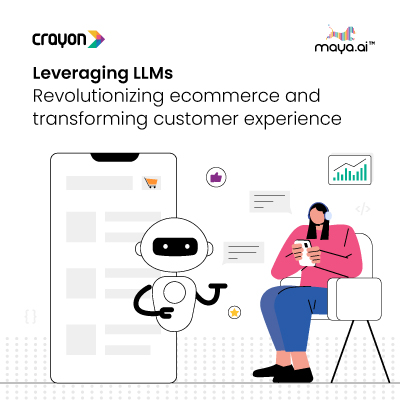While gaming might have once traditionally been viewed as a pastime for introverted teenagers who enjoy nothing more than sitting in their bedrooms with the curtains closed, it is fair to say that current trends blow that idea completely out of the water.
The term ‘gaming’ now covers a huge array of experiences, whether it is people enjoying the traditional option of playing on consoles and PCs or a more casual audience tackling a mobile game on their smartphones just to pass some time on the bus – or even choosing a mobile game over a console title. So many games are now also based on a social element too, whether it is friends playing last year’s mobile smash hit Pokemon Go in the park or classmates teaming up to build communities on Clash of Clans.
All of this means that the gaming industry is now a massive business area. According to figures from SuperData Research, games generated $91 billion across the world in 2016 with mobile gaming making up the largest segment of that at $41 billion. Add to this equation the emergence of new categories such as augmented and virtual reality and it looks like the world of gaming is only likely to get bigger and bigger.
However, the fact that gaming is now so hugely lucrative – mobile game Monster Strike alone generated $1.3 billion in revenue in 2016 – means there is of course a lot at stake for gaming companies. The industry is increasingly competitive and it means developers must do everything they can to continue to not only attract players, but also retain a high level of interest in the new products they are creating.
Therefore, gaming companies have taken the step of analyzing the performance of their games by examining the huge wealth of data that they create. This use of this ‘Big Data’ is driven with one thing in mind – to understand the interests, habits and tendencies of the target audience to ultimately give them more of what they want.
Where does the data come from? Well, take a moment to imagine you are on an online bingo site such as Sun Bingo. Every interaction that you make with the website creates some kind of data, whether it is a deposit bonus promotion that you clicked on, selecting to play the Rainbow Riches slot game over other options or a conversation you started via a chat function during a game of bingo.
The bingo provider will collect such data to gain insight into what their users prefer and what they like to do on their website. According to Mark van Rijmenam, founder of Datafloq and a Big Data strategist, this kind of “massive data trail” can be used to offer gamers other products, services or items they may be interested in. He explained in a blog post: “Just like on e-commerce websites where products are recommended based upon what other customers bought, this can also be done within the gaming environment with virtual products. Recommending certain features that other players also bought that can be bought with a product or recommending certain virtual products based on the level the gamer is in.”
Considering the revenues generated by gaming, it is unsurprising that some gaming companies may use Big Data to upsell or cross-sell. However, there is also evidence of developers using the information to ultimately also improve the experience offered to gamers.
For example, David Darden writes in an IBM Big Data & Analytics Hub article that gaming brands and websites use the data generated by gamers in conjunction with internal information to develop insights into how people interacted with their games. He explains: “We now know where they get stuck, where they continue to play and which features make them most likely to play multiple times a day. Ultimately, this means that we can fine-tune existing games or new releases to ensure we offer players more of what they really want.”
Big Data is now helping a huge number of firms to improve the offerings they are able to provide to customers and it is fascinating to see how the gaming industry has adopted the concept for its own means. With the sector set to benefit from some huge technological developments in the coming years, it will be interesting to see how developers can further evolve their use of data to continue to stay ahead of their biggest rivals.




















